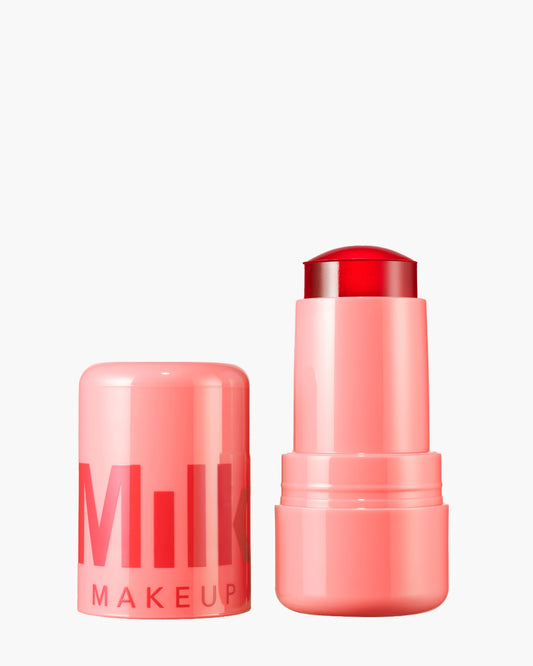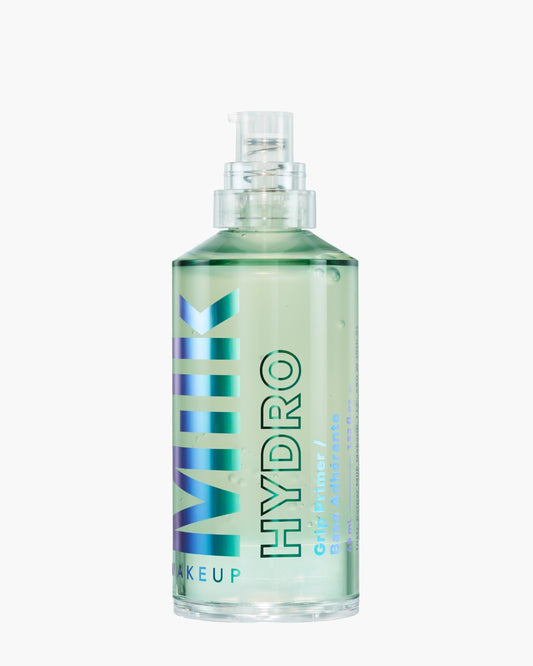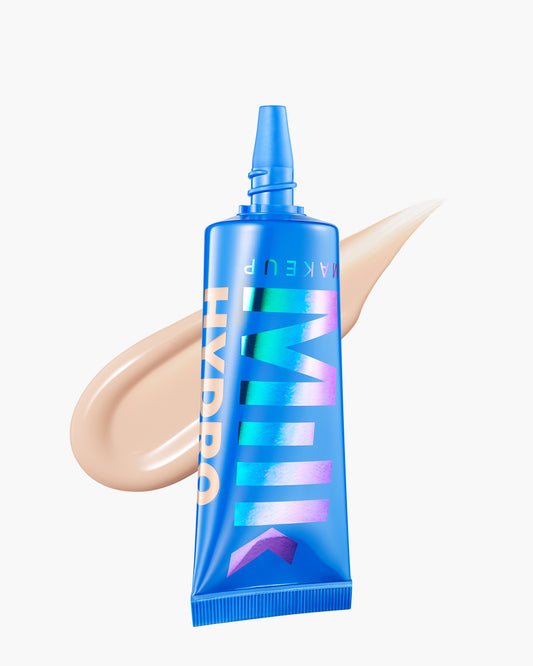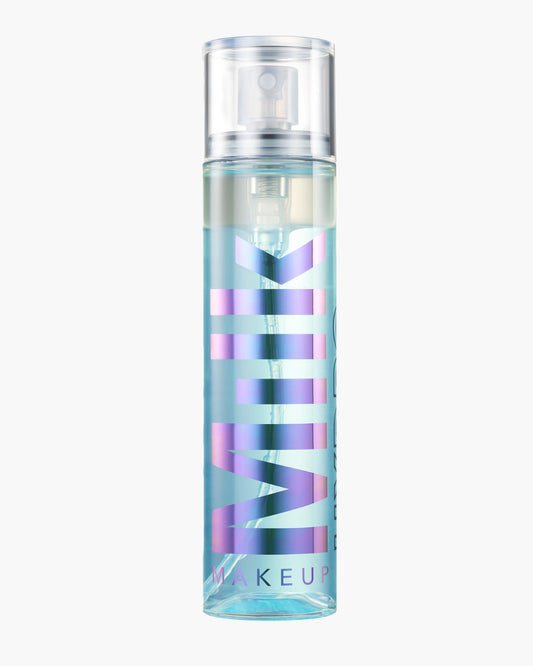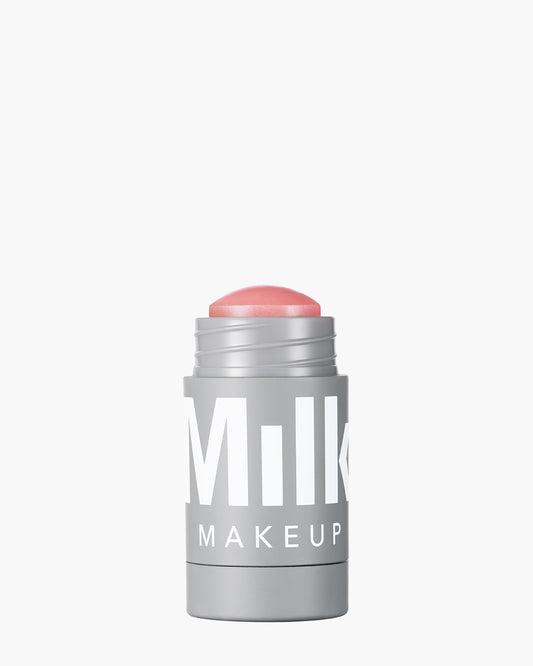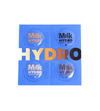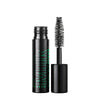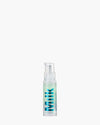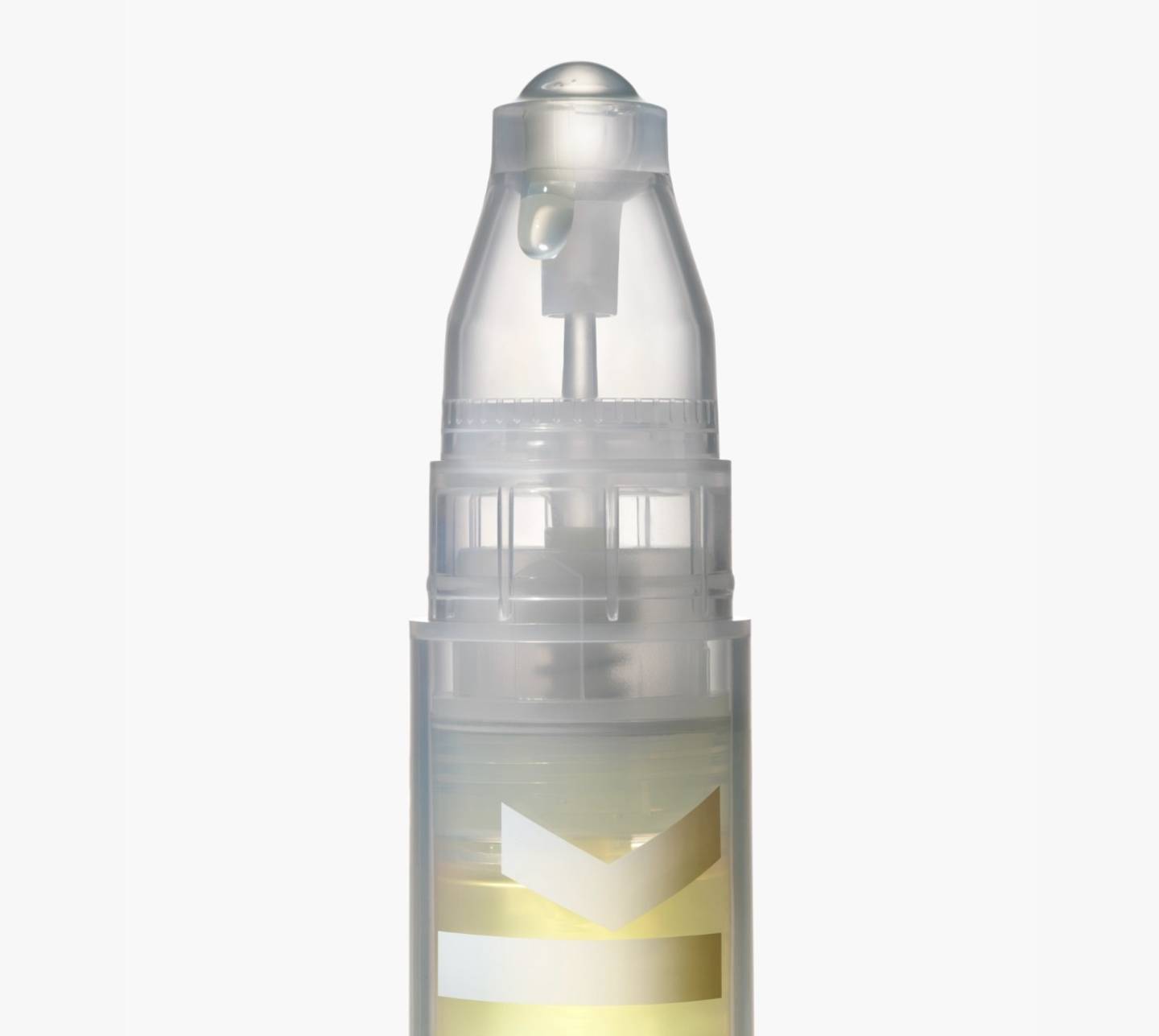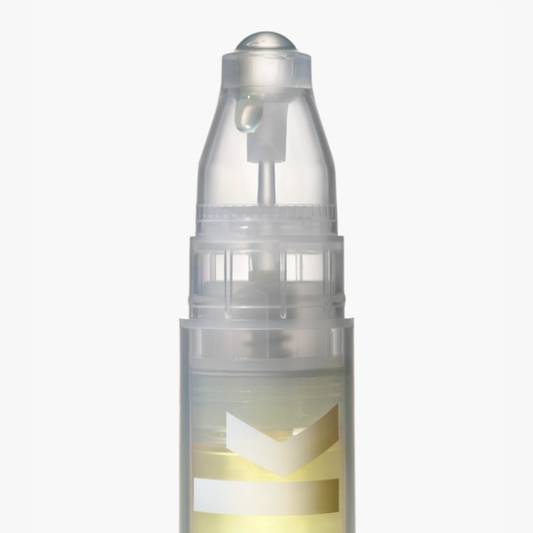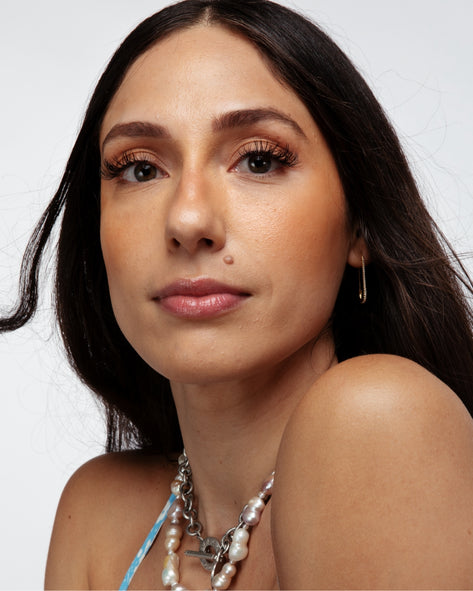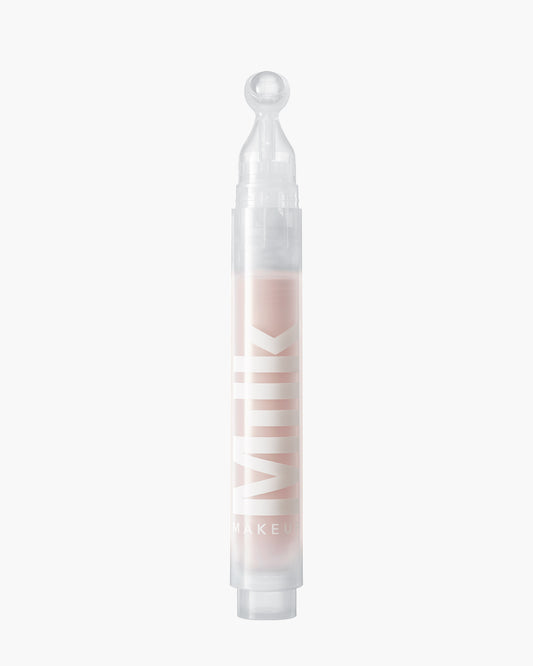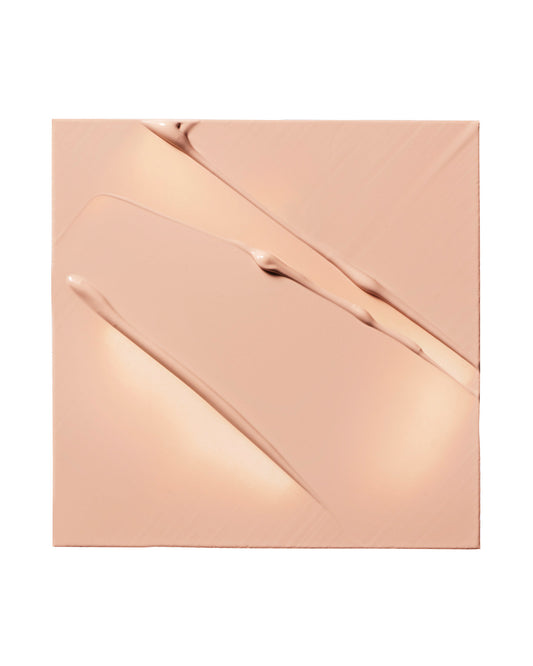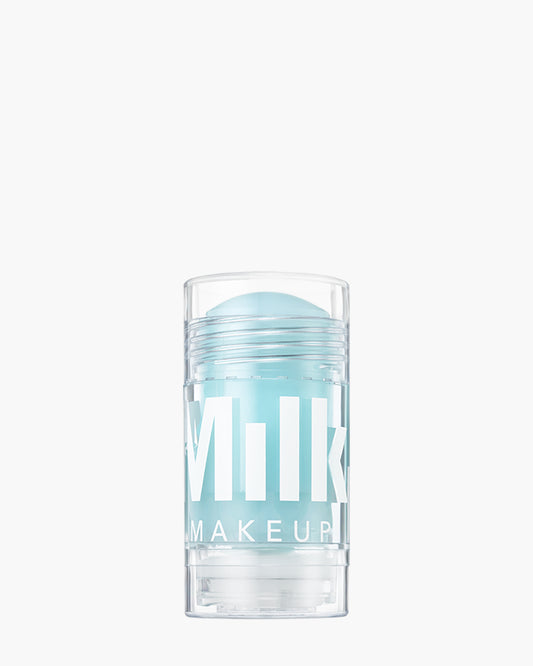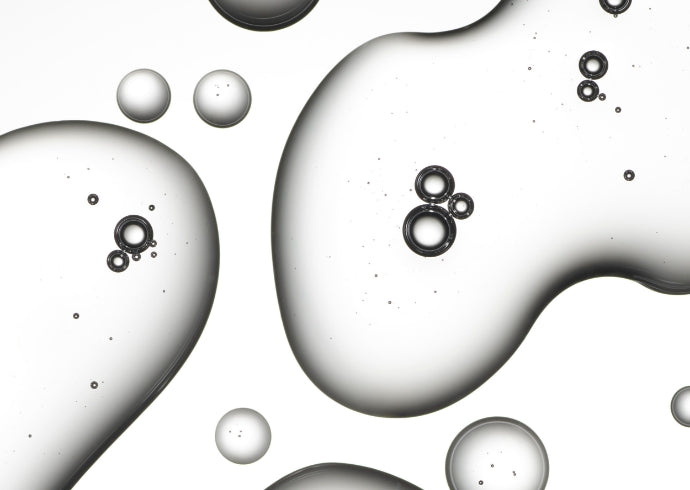Remember when “oil” was a dirty word in skincare? Instead of face oils and the dewy finish that comes with them, harsh cleansers, highly astringent toners, and oil-free everything were presented as the only appealing options. Thankfully, we’ve since learned our lesson and wised up to the fact that there’s a best face oil for every skin type out there. While you should probably still avoid slathering acne-prone skin with coconut oil, oils easily have a place in any skincare routine.
Our personal favorite? Our Milk Makeup Sunshine Oil, which gives your face a nourished, glowy boost. Whether you’re starting your day with Sunshine or any other face oil formulation, read on to find out why it’s our favorite shortcut to radiant skin.
What is face oil?
Face oil is exactly what it sounds like: a skincare formula composed mainly of oil, intended for use on the face. (Good news, multitaskers and minimalists: Our Sunshine Oil can be used on your body, hair, and cuticles, too.) “Face oils are liquid skincare products designed to hydrate and soften the skin,” says dermatologist Joshua Zeichner, M.D. “Think of them like a cross between a hydrating serum and a moisturizer.”
That said, not all face oils are made equal. There’s a whole world of options out there, depending on your skin type and what you’re looking for in terms of benefits. Our Sunshine Oil contains ingredients like grapeseed oil, avocado oils, and squalane, which give it a rich yet fast-absorbing texture and dewy finish. Other popular oils you’ll see in skincare include jojoba, argan, rosehip seed, and marula.
What does face oil do?
Depending on the exact type of oil used (and any ingredients it’s paired with), face oil can have a number of effects on the skin. “Many oils provide additional benefits like brightening, calming, or giving antioxidant effects,” says Dr. Zeichner. “The benefit of the oil depends on which botanical ingredients they contain.” Our Sunshine Oil, for example, features golden turmeric to help soothe and balance your skin, along with tetrahexyldecyl ascorbate, a stable form of vitamin C and antioxidant powerhouse.
Does face oil cause acne?
The short answer: no. “It’s a myth that someone with oily skin cannot use a face oil,” says Dr. Zeichner. “You just want to look for the right ingredients.” Oils don’t inherently make the skin more oily, but certain varieties are known to be comedogenic, which means they’re more likely to clog your pores. Of course, everyone’s skin is different, and an ingredient that triggers a breakout in one acne-prone person could be totally harmless or even beneficial for another.
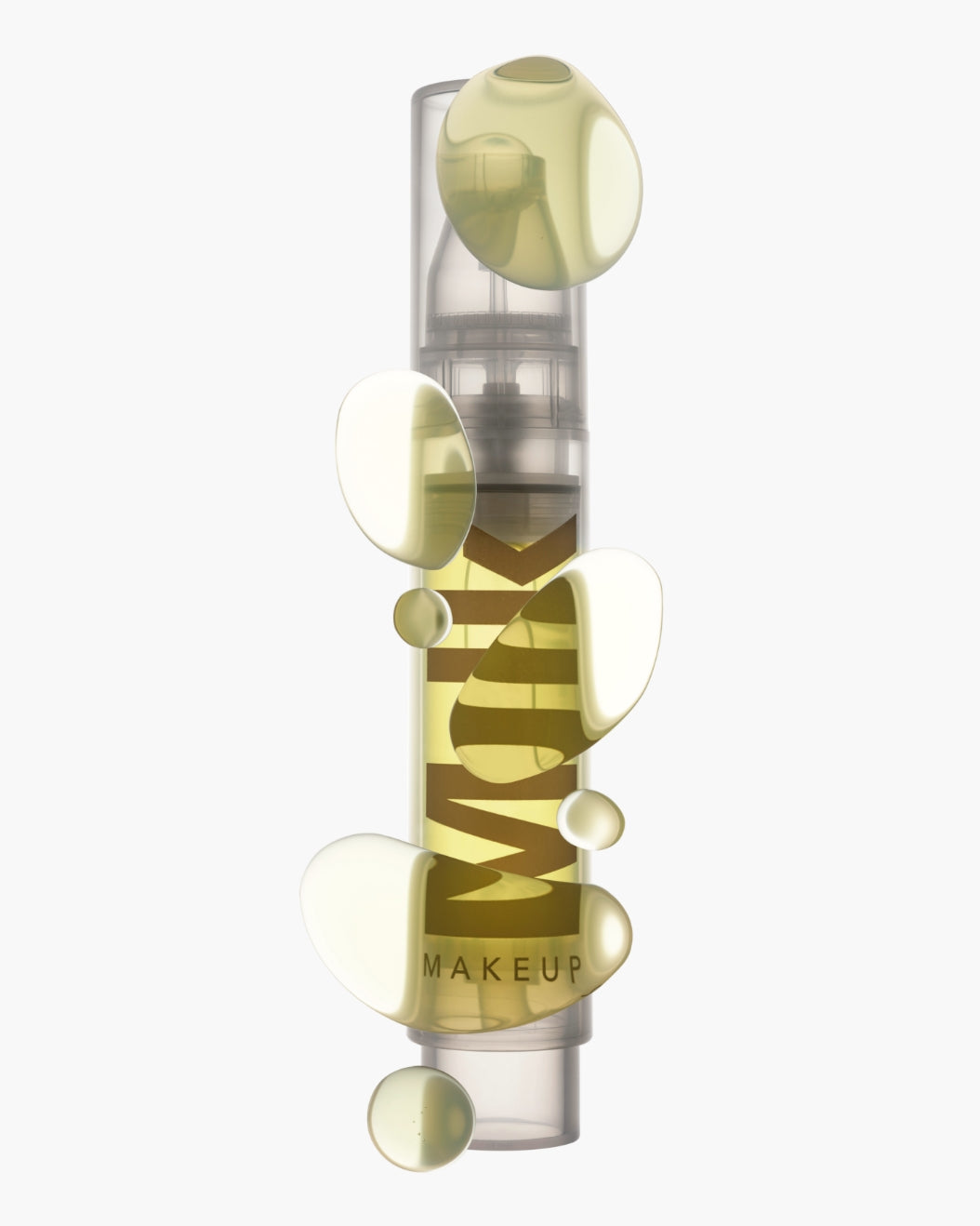 |
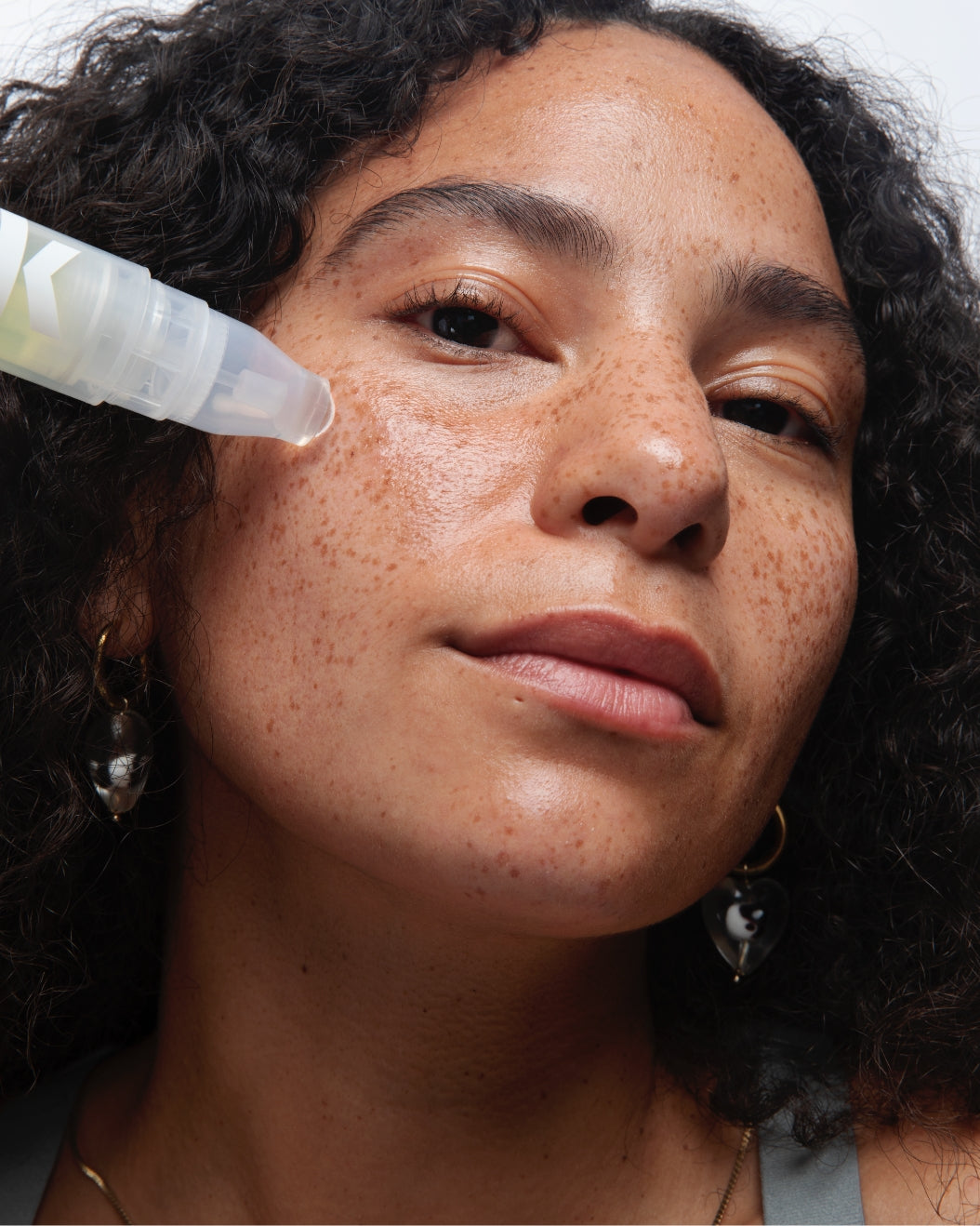 |
Where do I use face oil in my skincare routine?
A good rule of thumb is to apply your skincare products in order of weight. Lighter formulas like essence or water-based serums should go on first after cleansing, while richer products such as creams should layer over the top. Dermatologists advise applying face oils last, since the large molecule size means it’s difficult for other products to penetrate.
After cleansing and toning, roll our Sunshine Oil directly onto your face and massage it in with your fingertips. Use it under sunscreen and makeup during the day and as the last step in your skincare routine at night—no need to layer on an additional moisturizer, unless you want to.
How does Milk Makeup Sunshine Oil work?
Our 96% natural formula does much more than just lock in moisture and make skin look glowy: Sunshine Oil is formulated with vitamin C, the gold-standard ingredient in brightening and firming. The click-pen packaging is also one of our favorite features. Oils can get messy, especially if you’re traveling, but Sunshine Oil’s glass rollerball applicator works as well on-the-go as it does at home.
How to Use Milk Makeup Sunshine Oil
Sunshine Oil can be used morning, evening, and whenever else you feel like it. Because it absorbs quickly, it won’t look greasy under SPF or makeup, and it’s simple to swipe on for a touchup if you start feeling dry during the day. The only people who shouldn’t use Sunshine Oil are those with a sensitivity to citrus oils, as it contains grapefruit, lemon, mandarin, and tangerine oils. If you’re unsure, do a patch test on a small area of your skin before applying it to your full face.
Once you roll it on and pat it in, you’ll notice an instant-gratification glow that leaves a healthy, dewy finish on any skin type. Getting radiant skin couldn’t be simpler—or more convenient.
Meet the Expert
Joshua Zeichner, M.D. (he/him), is an Associate Professor of Dermatology and the Director of Cosmetic & Clinical Research in Dermatology at Mount Sinai Hospital in New York City. He is one of the country's key opinion leaders in treating acne and rosacea, and is an expert in cosmeceuticals, skin care, and cosmetic dermatology. As an educator, Dr. Zeichner teaches dermatology residents and regularly lectures to international audiences. His work has been published in the top peer reviewed dermatology journals, and he can be found quoted across national media.
